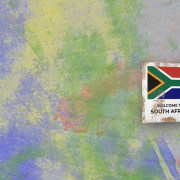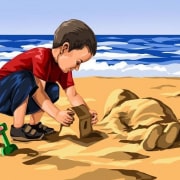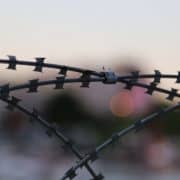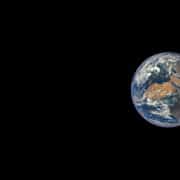|
Getting your Trinity Audio player ready...
|
Photo of the Kigali Genocide Memorial from Wikimedia Commons, used under an Attribution-ShareAlike 3.0 Unported (CC BY-SA 3.0) license
As the world commemorates World Refugee Day today, 20 June 2023, it is worth noting that this marginalised and misunderstood group of people often has to forego many basic rights, including the right to dignity, to not only start, but also make a decent life for themselves in foreign countries where language and culture barriers stymie their transition to normal life.
Many are fleeing warzones and civil unrests that pose a risk to their lives and livelihoods, and make it necessary to seek shelter in safer, more stable countries. Europe and North America are often viewed as ideal destinations for refugees from Africa, because they offer stable economic prospects that other regions do not.
In Africa, it is often the case that those who cannot afford to travel the longer, more expensive trek to these overseas regions opt to come to South Africa to make their new start. One such person is Rwanda-born Pie-Pacifique Kabalira-Uwase, a physics graduate from the University of KwaZulu-Natal, who received the Nelson Mandela Rhodes Scholarship some years back.
He arrived in South Africa at the age of 20, having fled Rwanda following that country’s tragic 1994 genocide in which about over half a million people were killed in ethnic violence over a few months. He told his story to TimesLive in an interview about a book he had written, titled Witnessing, in which he shares his harrowing experiences as a teenager in genocide-era Rwanda.
Remarkably, Kabalira-Uwase has lived all this time in the same country as one of the ringleaders of the very genocide that made him flee his home country. Fulgence Kayishema (62) was recently arrested by South African police in Cape Town for what authorities say was his part in the genocide. The former police chief is accused of orchestrating the massacre of some 2 000 people at a church in Rwanda in 1994, and is described as one of the world’s most wanted genocide suspects.
After decades on the run, he was arrested in a joint operation with the Office of the Prosecutor’s Fugitive Tracking Team at the International Residual Mechanism for Criminal Tribunals.
Deep pain
The history of Rwanda and the impact of the genocide are topics that are widely recorded around the world. The country has been led by President Paul Kagame, a polarising figure with rebel military history, over the past 23 years. While some admire his strong disciplinarian approach to government and reparations for the genocide, others decry it.
He has led an intentional campaign, over a considerable number of years of his reign, to position his country’s image as positive and progressive. Despite this, it suffers from challenges such as lack of free speech and media freedom. It is presumably for these and other reasons that Rwandans in the diaspora probably choose to not return to their home country many years after the end of the genocide.
That said, however, the deep pain that followed the genocide is one that Rwandans will remember for some time to come.
And they may not have an easy time of it in their adopted countries either. There is no doubt that Kabalira-Uwase, who writes about forgiveness in his book, has experienced hardships since arriving in South Africa.
In one of its earlier campaigns titled Project Lokisa, Corruption Watch (CW) detailed the negative – often shocking – experiences of refugees and asylum seekers in the country, who are often exposed to corruption at centres and home affairs offices meant for their service.
The organisation made submissions to a Department of Home Affairs white paper in 2019 that focused on the mechanisms that deal with the management of asylum seekers and refugees that were deficient and gave rise to systematic grand corruption.
And although the time for accountability for Kayishema finally arrived, it is important to note that his successful evasion of it for almost three decades may well have been enabled by the very deficiencies that CW highlighted. After all, he reportedly lived under a false identity in all this time, working as a farm labourer in Paarl.








